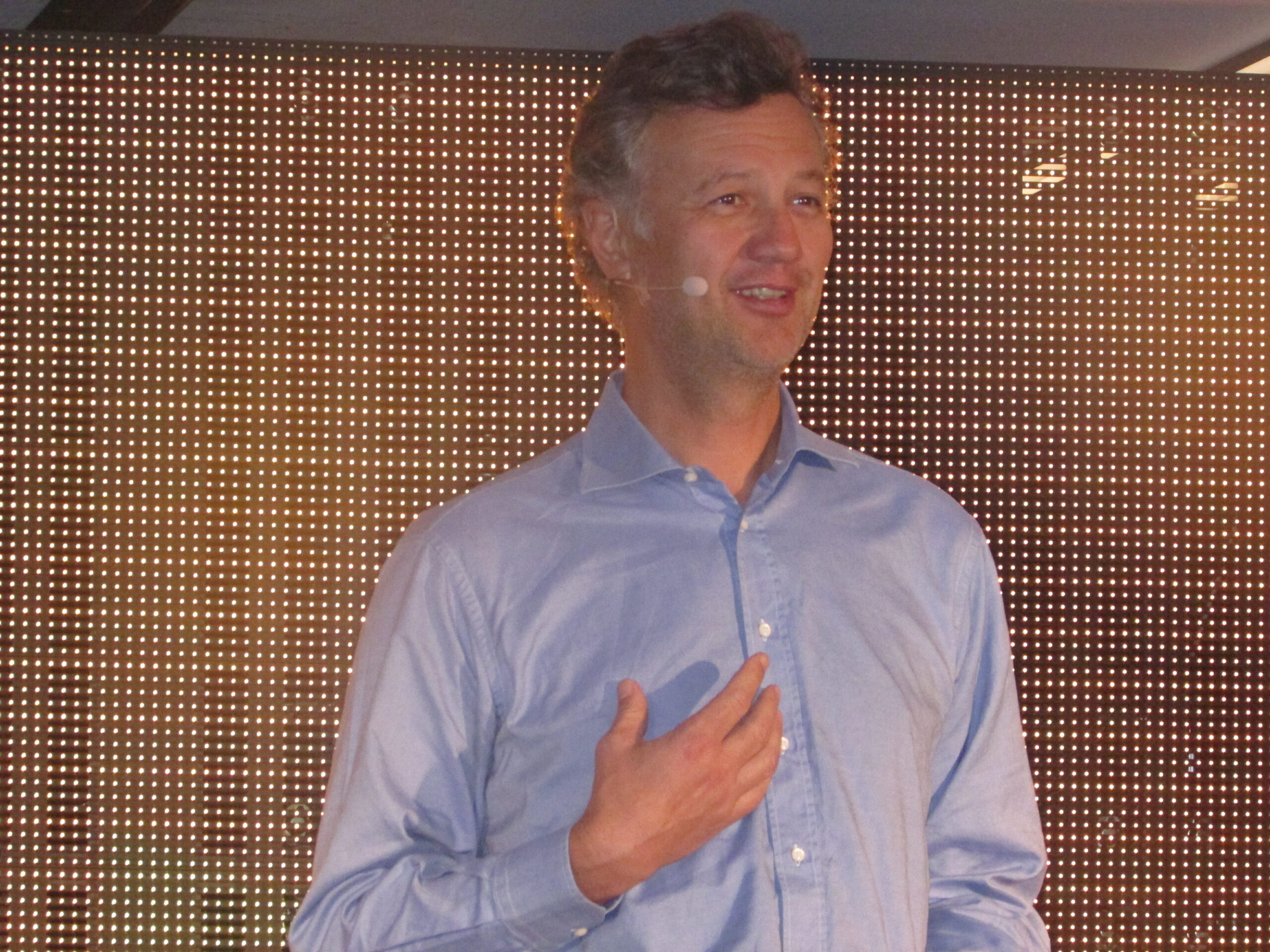As the great Bill Gates once said “Banking is necessary, but banks are not”; Michael Jordaan echoes those same sentiments with regards to marketing. He believes marketing is important, but the way it functions and is structured in typical businesses is not.
“Having marketing departments in-house isn’t sensible anymore when you can get the best people in the world to perform those functions outside the company. My presentation focused on how marketing is radically changing, employing less people and use more freelancers,” says Jordaan.
“There are other changes that involve data, digital, being for scientific and measurable as well as accountable. Many marketers find it uncomfortable to be thrust into the limelight which is strong and they have to be accountable using figures. This is so because most of them come from the school of the arts and not the school of numbers,” he adds.
The makings of a successful CMO
A good product combined with great marketing is what makes people gravitate towards it. A marketer in chief must attempt to convey the brand’s message in a way that fulfils customer needs and meets the company’s bottom line.
“The reason why you want marketing is that people like the company and your product ultimately buying it. It will remain essential as long as the business wants people to buy its products. The chief marketing officer (CMO) should be judged according to whether his/her actions result in grow for the company,” he explains.
“This is where some marketing campaigns get it wrong; they may appeal to the emotions, the senses, and they look good and are funny as well, but it doesn’t really matter if it doesn’t result in people buying your product.”
Switching gears
Jordaan’s main job is putting together a team is right for the job, he relies on his gut feel when choosing people to partner with. It’s also important to remember that in venture capital many venture fail, but not to fear pursuing an idea because nothing ventured in nothing gained.
“I have to passions, entrepreneurship and solving problems, the wonderful about South Africa is that have very real problems. I like entrepreneurs who come up with solutions to these problems, solving unemployment, crime, the cost of data or helping us to save better,” he shares.
“I’ve back about 25 startups, all of which are there to solve problems and make life easier. They don’t all have to be profitable in the short because they serve a greater social cause, if half of them are successful that means we’ve played a role in making South Africa better,” Jordaan adds.
“In order for me to back a business, the people who run it must prove that their solution has had some traction. Making sure that it’s not just an idea, but one that’s been implemented and that there’s a market for it.”
The logic behind Bank Zero and rain
He wants to change the financial industry as well as the telecoms one by offering solutions that cost close to nothing, but still service the people taking giants like Absa, Standard Bank, Vodacom and MTN in their respective sectors.
“Bank Zero is still in the process of obtaining its final license, we hope to launch it in early 2019. The idea is to make banking free, in particular free for businesses, we have a small and highly competent team,” he explains.
“Rain is a data cellular network, we think data costs in South Africa are high, customers don’t like the idea of their data bundles expiring accompanied by out of bundle packages that expire. Rain is our attempt to let data fall in South Africa,” he shares.
Stumbling blocks for CMOs
Jordaan wants more leaders to think within their limited budgets and see what can be achieved with them. He’s learned that constraints are always present, but the beauty about them is that let people innovate. According to him successful CMOs or entrepreneurs are good at implementation and innovation.
“The biggest challenge for entrepreneurs is getting it done and getting people to pay for it,” he explains.
“I personally try to steer away from projects that need government or big corporate funding, it’s a long and tedious process. I love businesses with low cost products or no cost at all, these businesses or ideas need marketing to get people interested or buying into them.”
Profiting from the free economy
Although Jordaan’s products are free, himself and the team follow the same formula that large corporations like Facebook or Google use to a buck. Bank zero for insistent has a very low cost structure with a small team, the technology they use is open source. Banks make money through commission payable on card swiping by customers.
“It gives me immense satisfaction when other people are doing well, when they lands big account, I get a great kick out of that,” he concludes.
Reabetswe Rabaji is a journalism intern working at Wag the Dog. He is currently studying PR and Communication Management at the University of Johannesburg.














